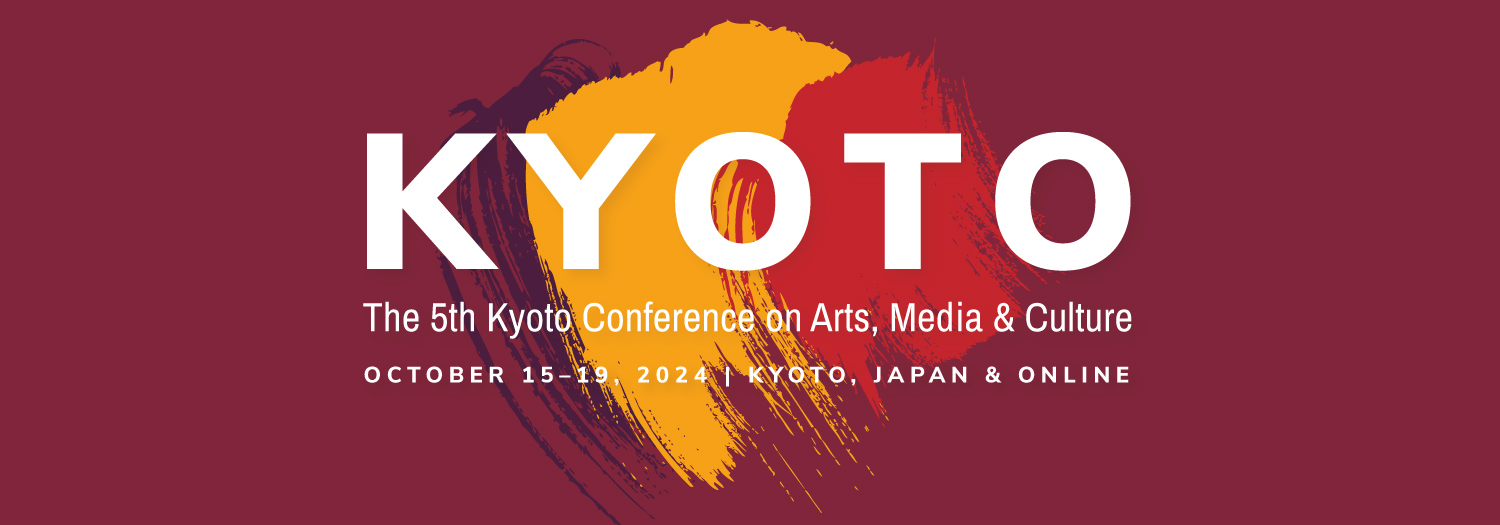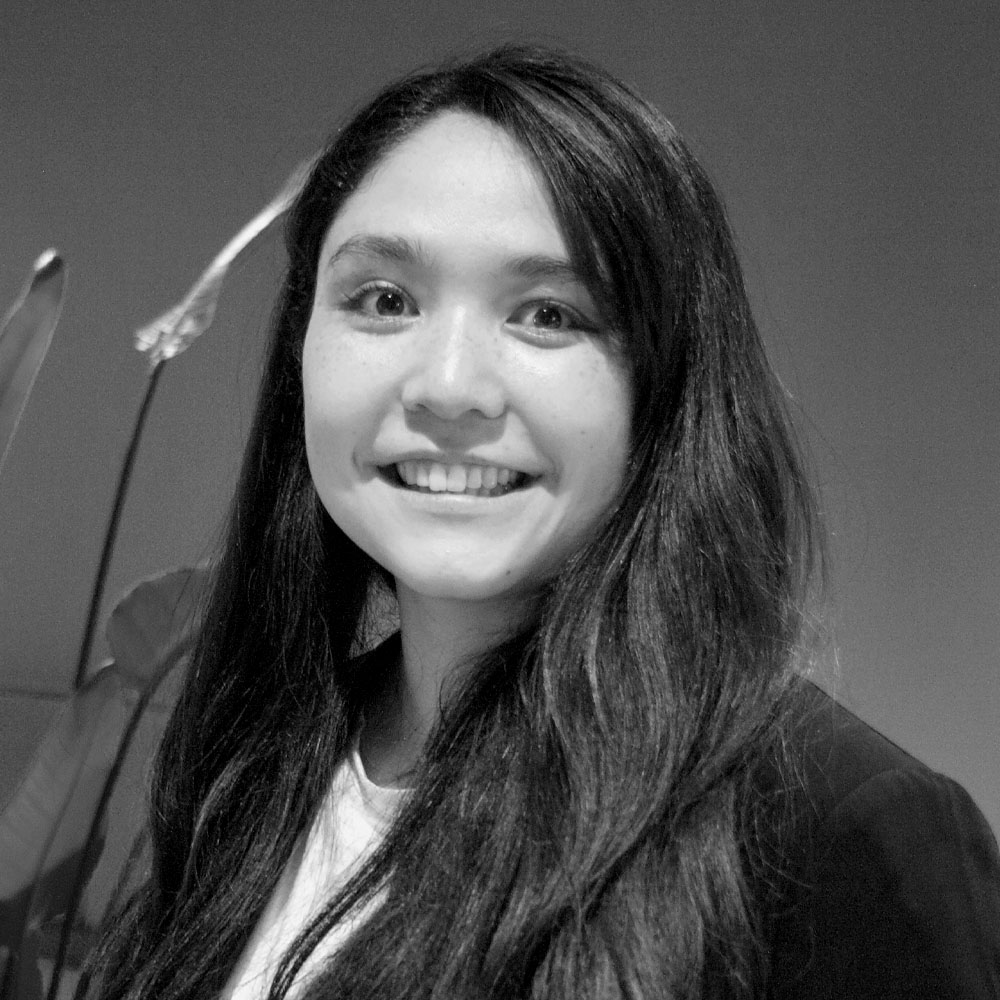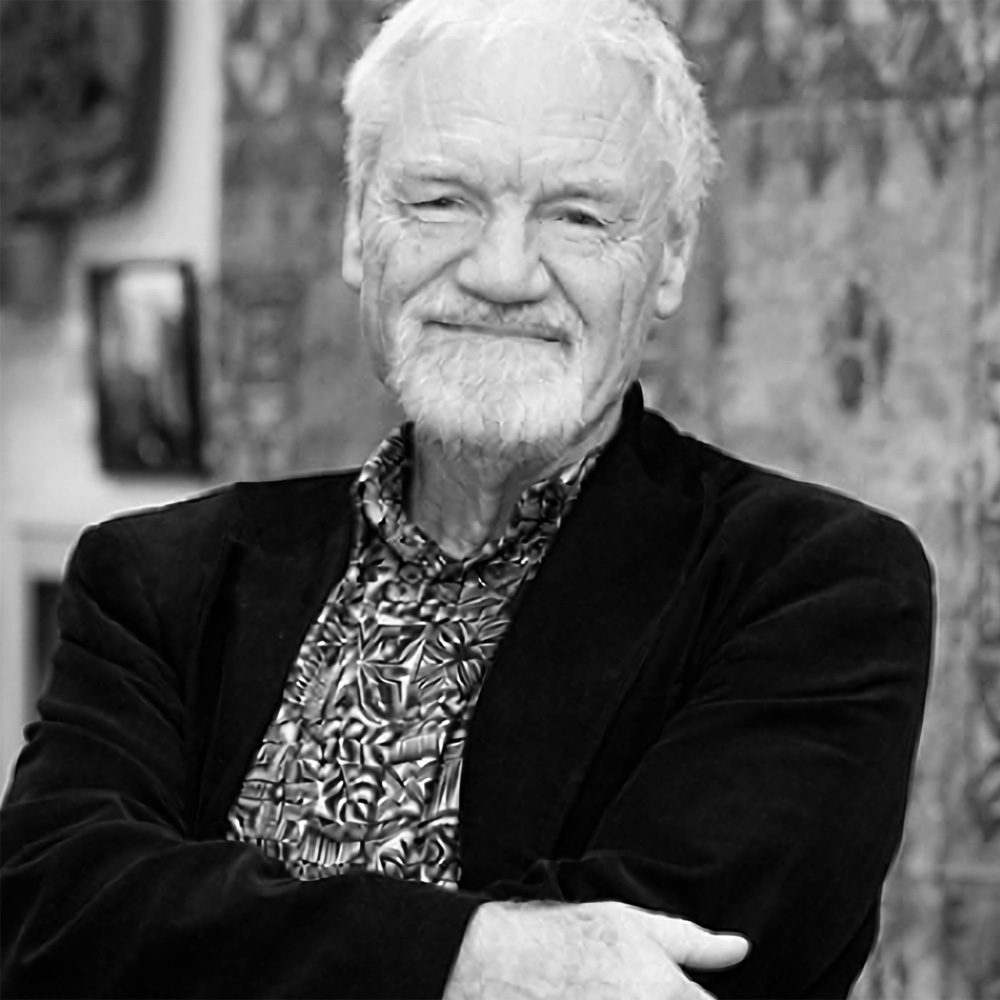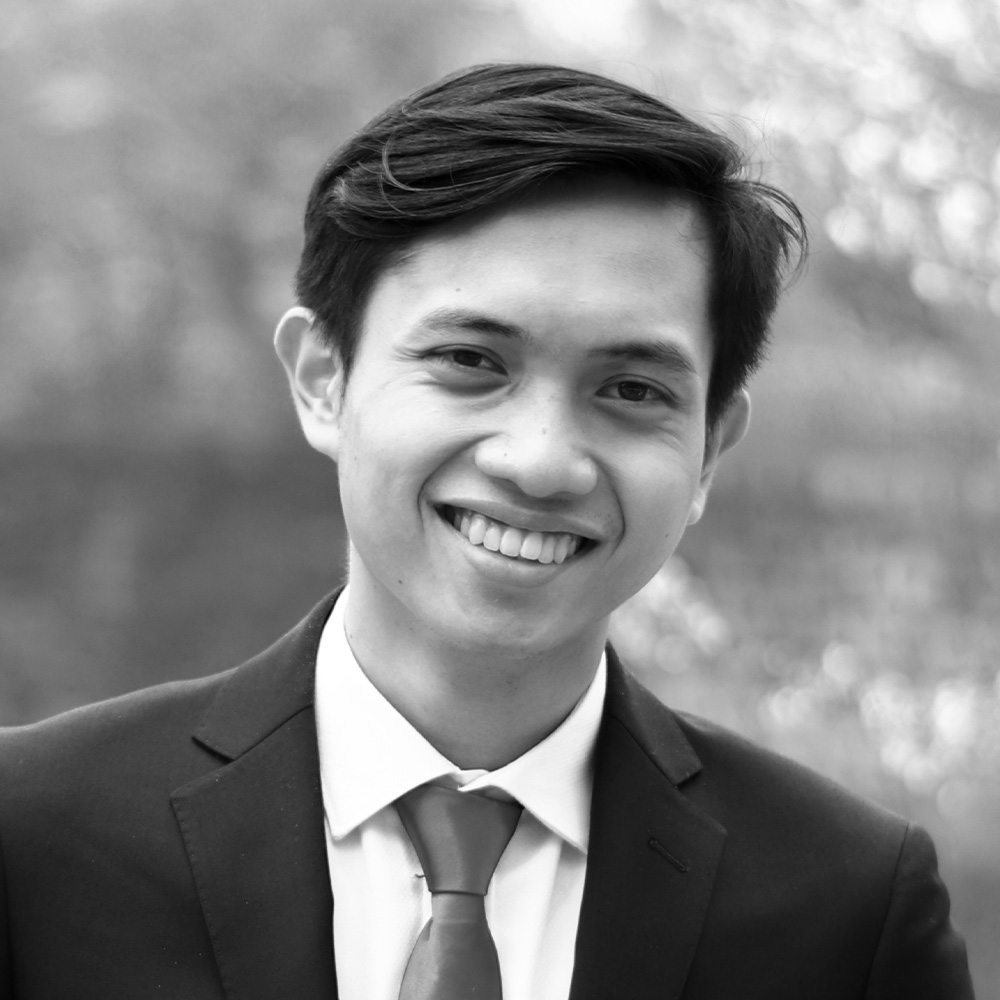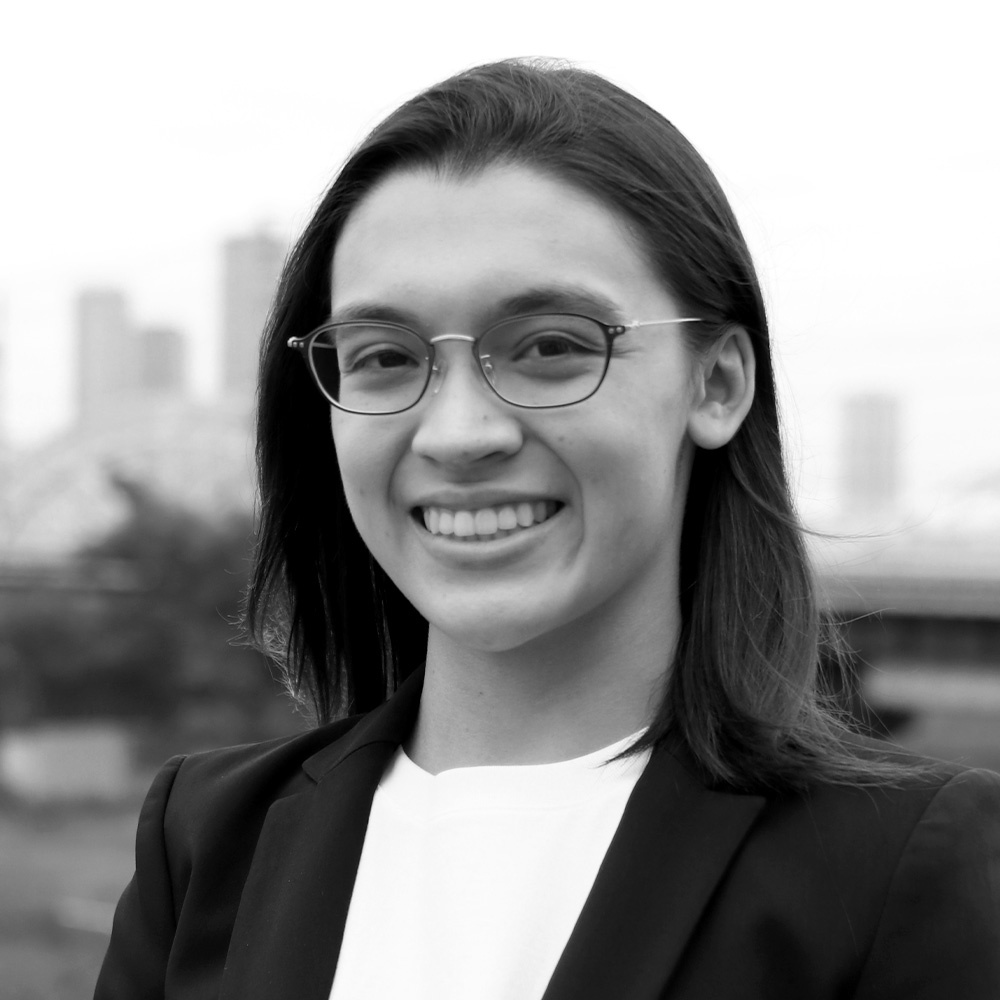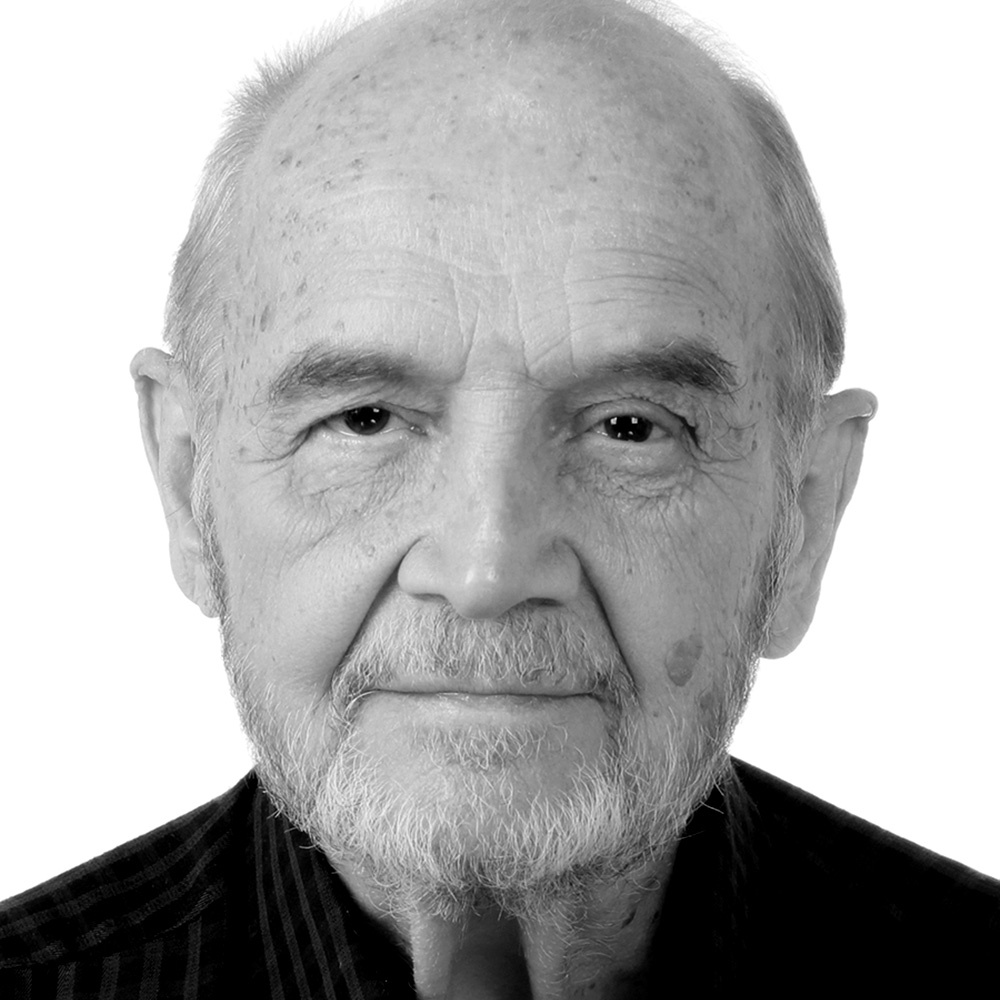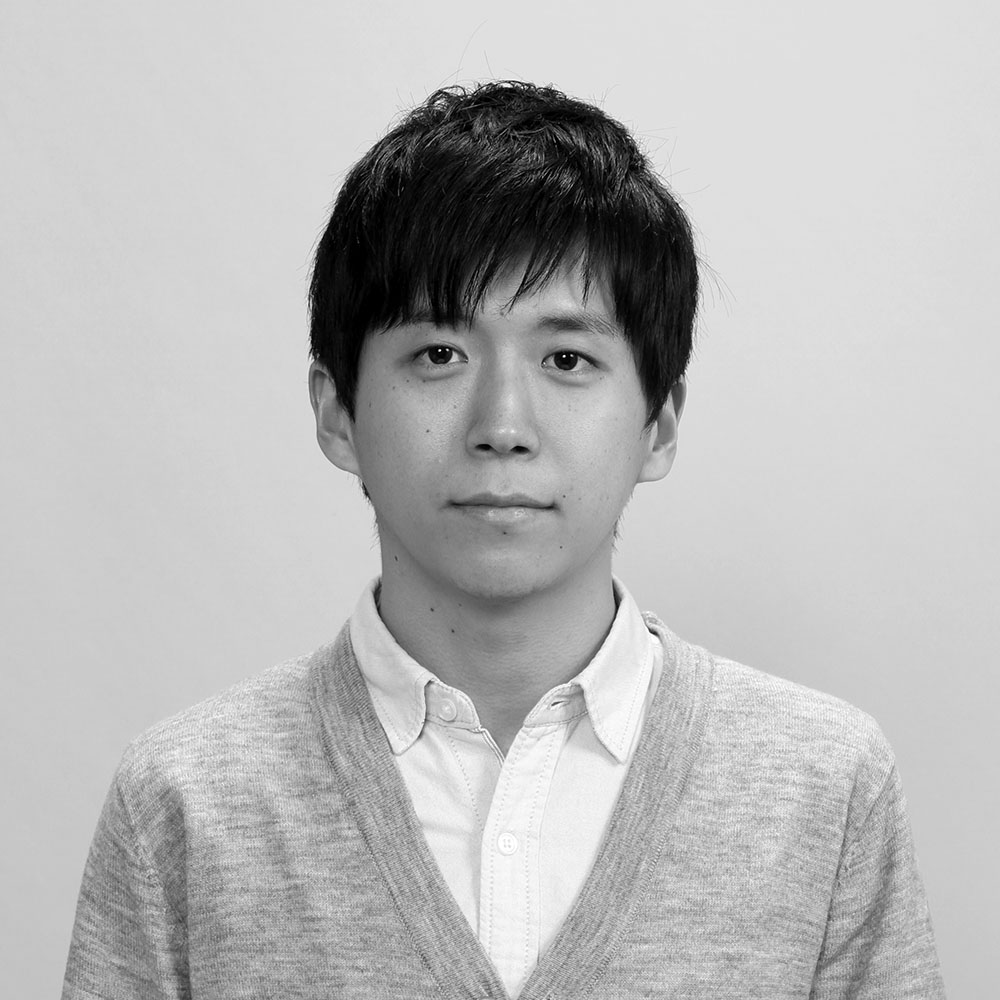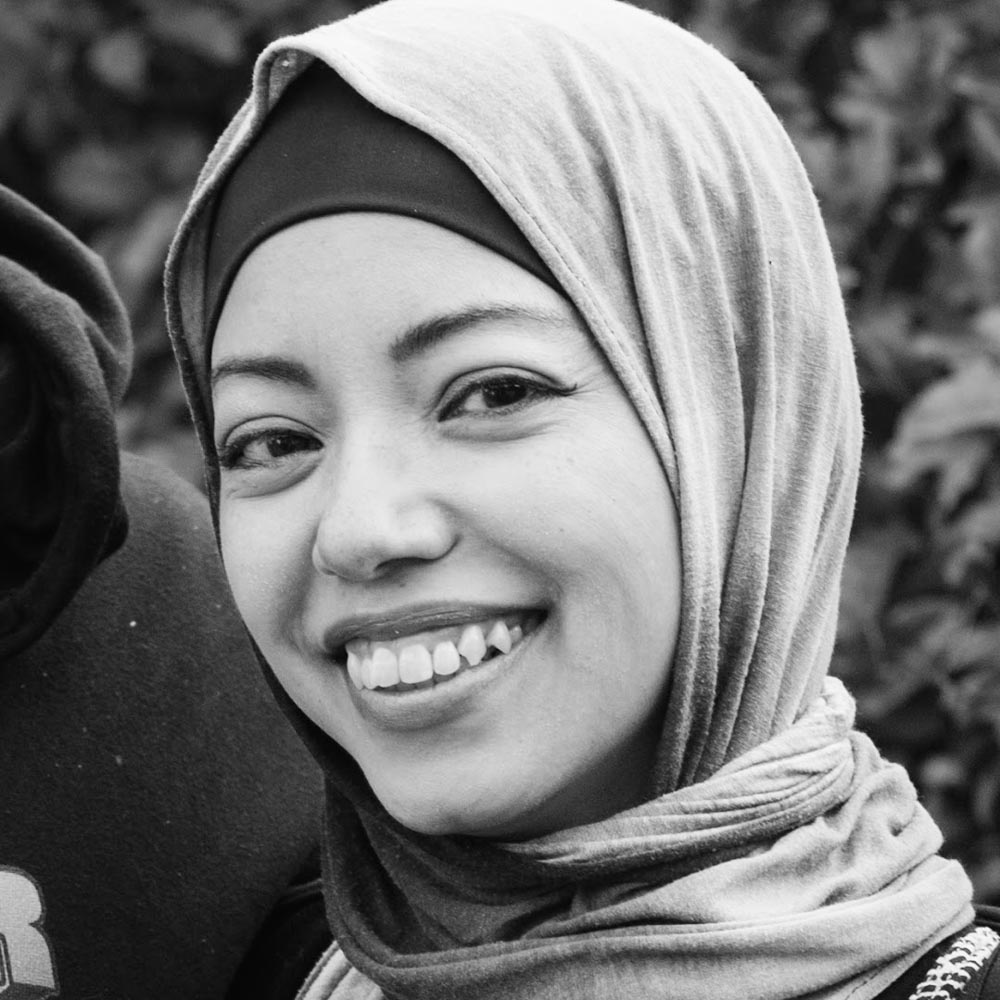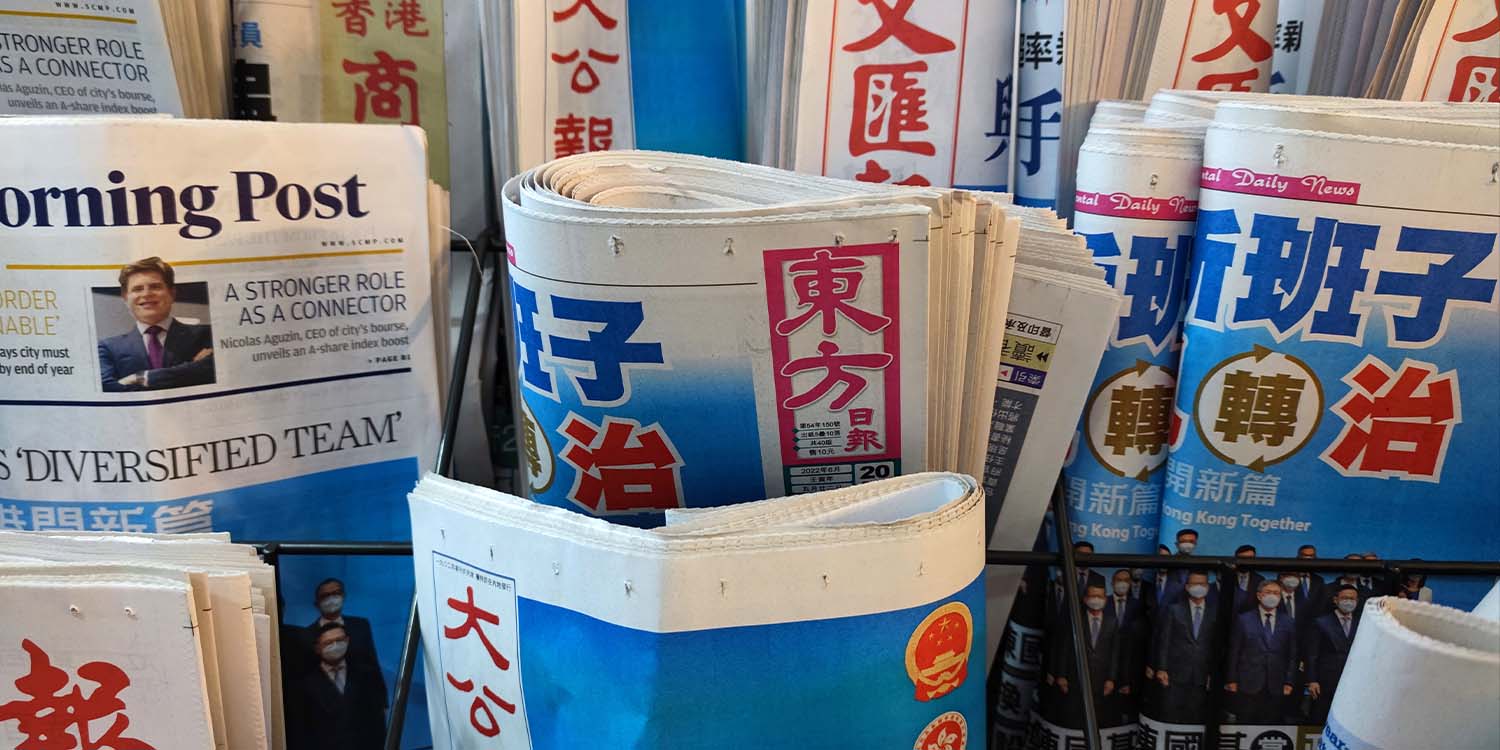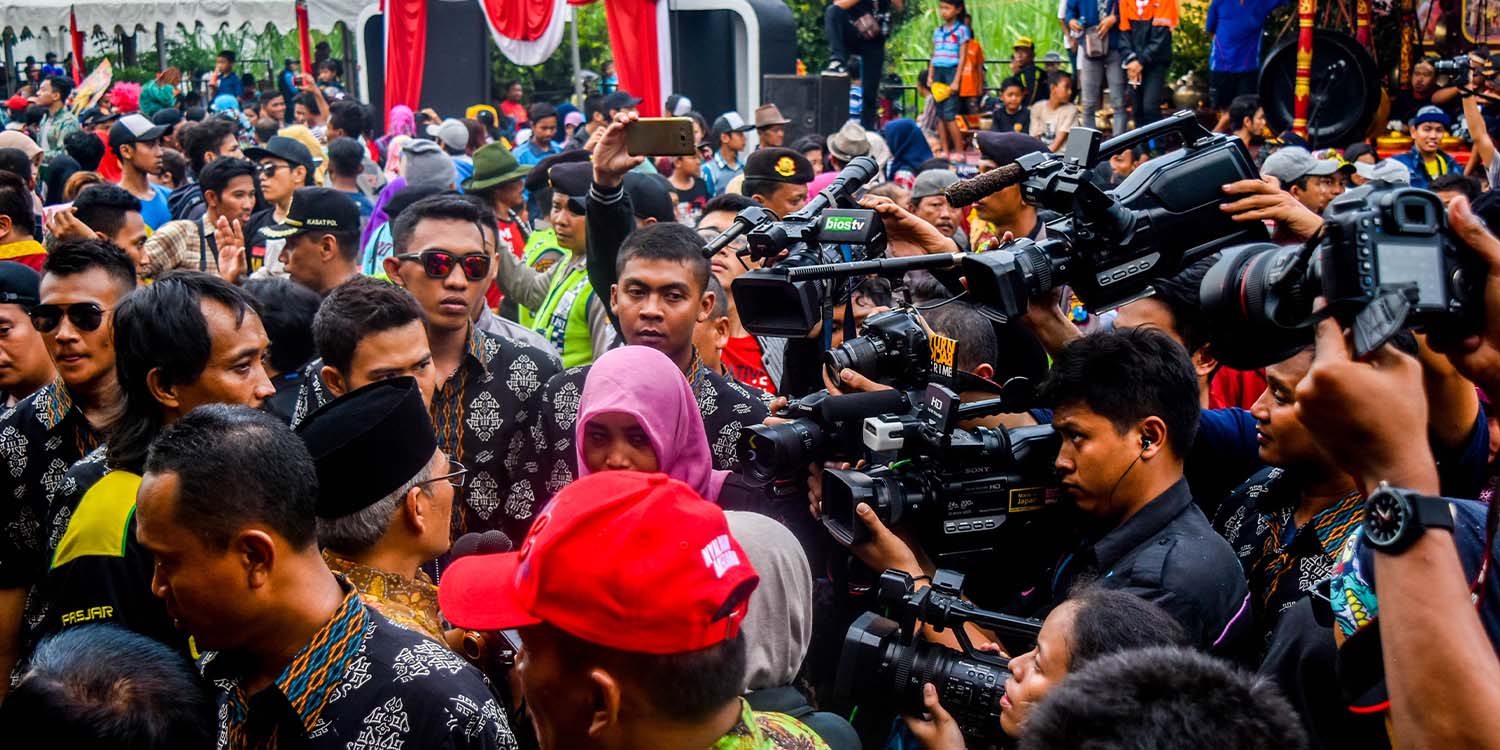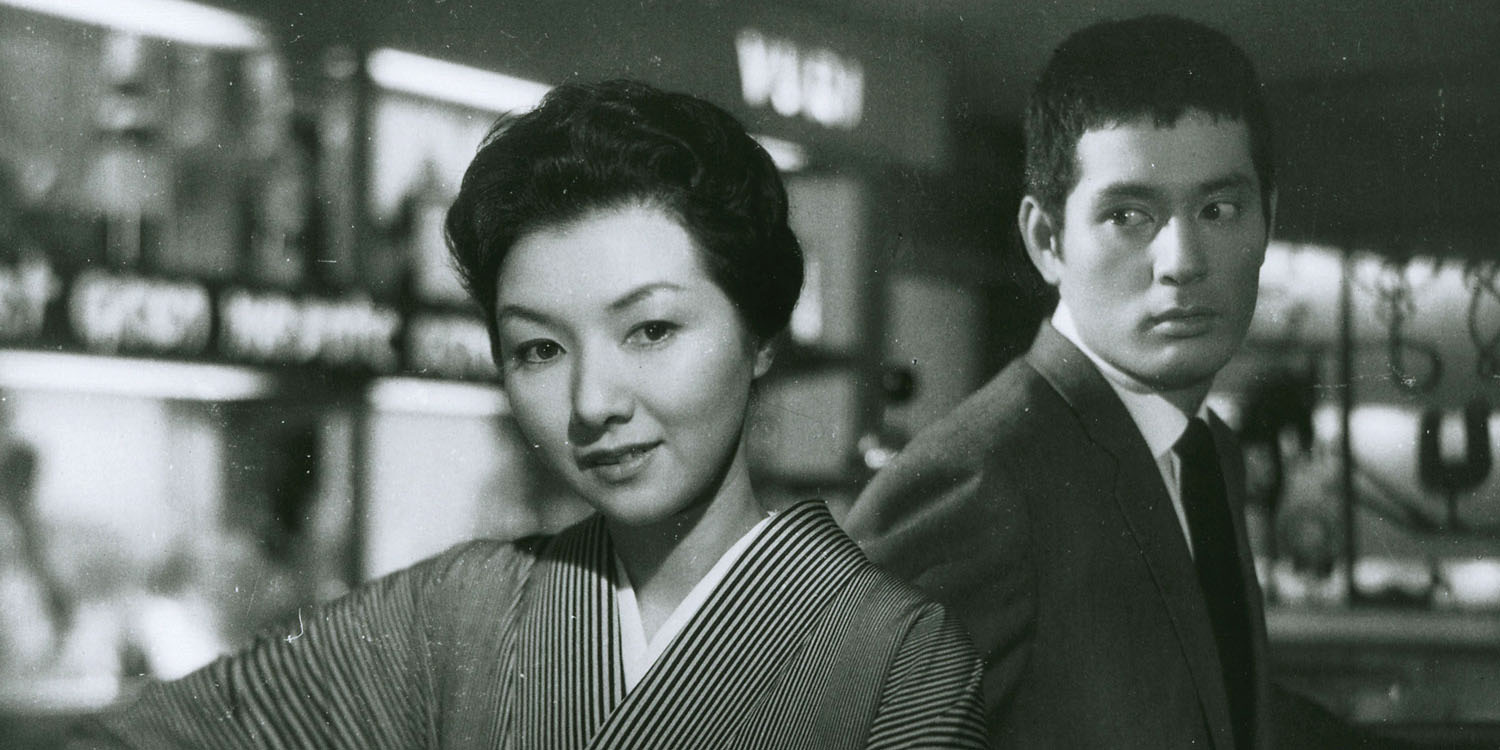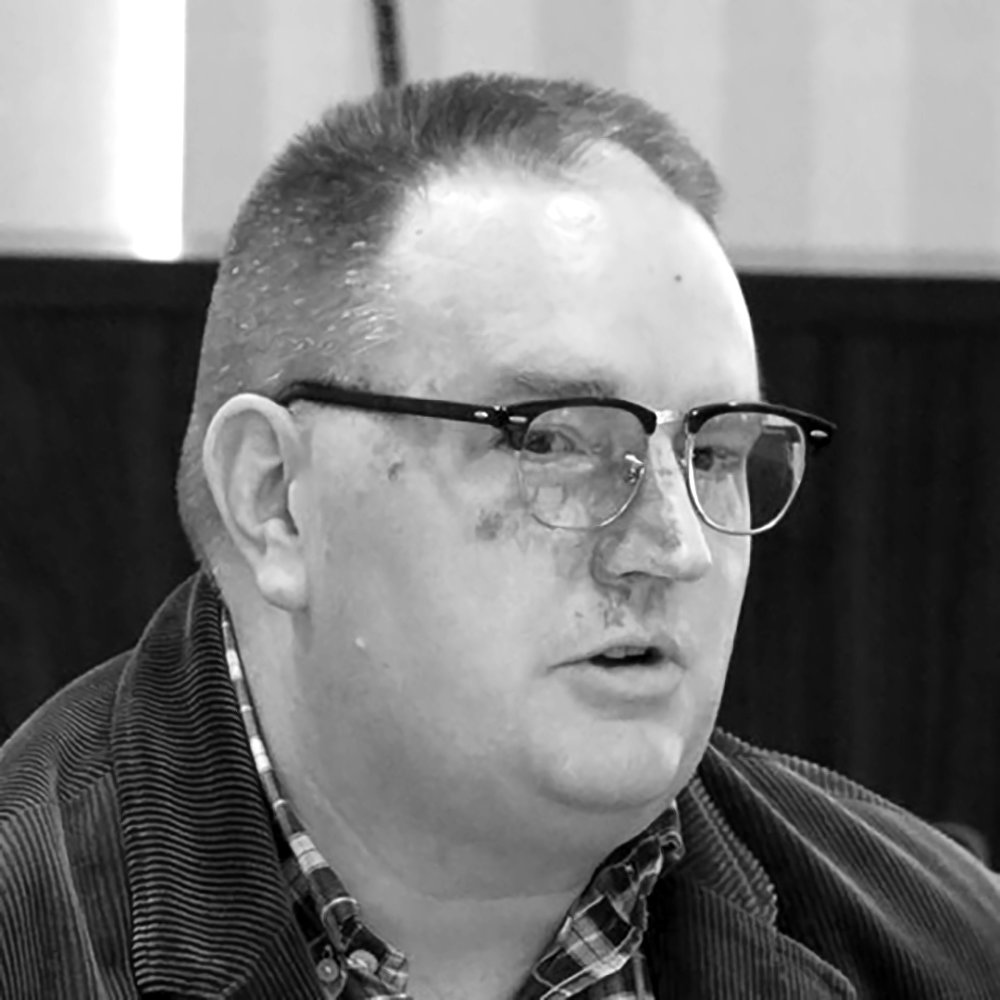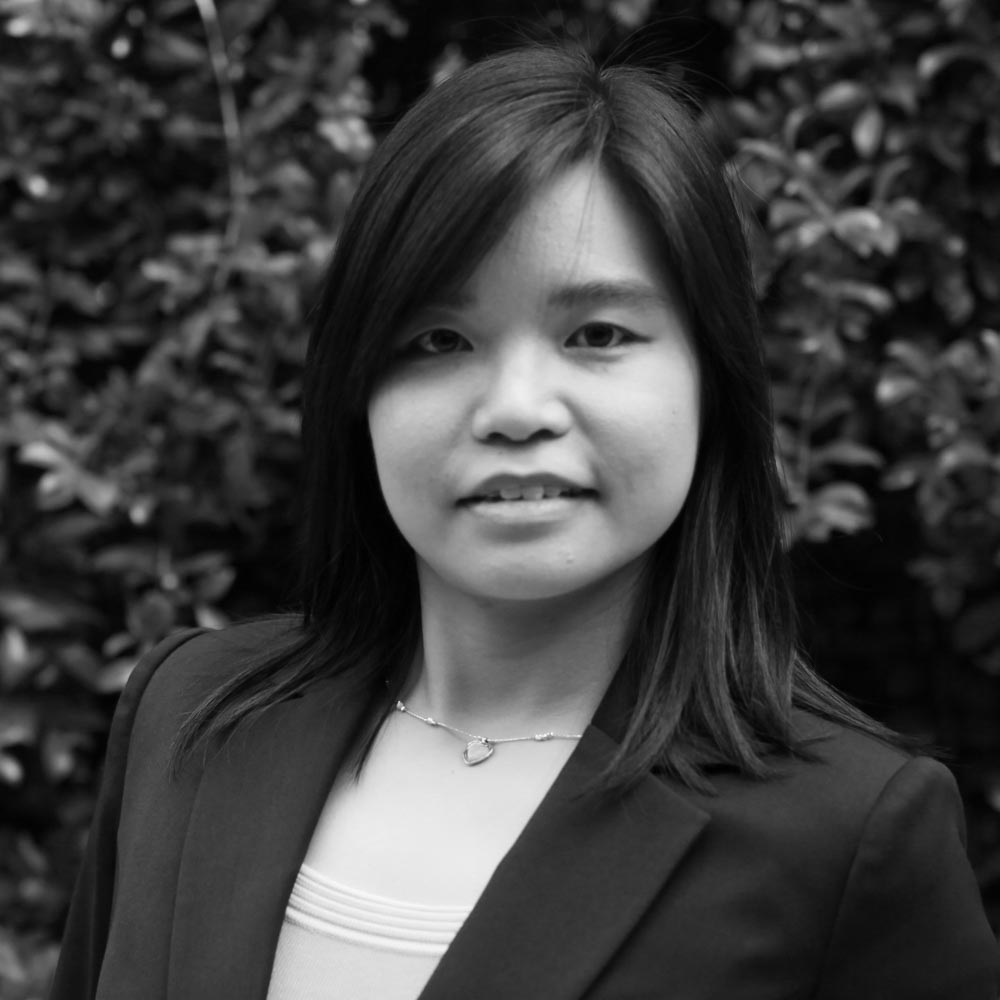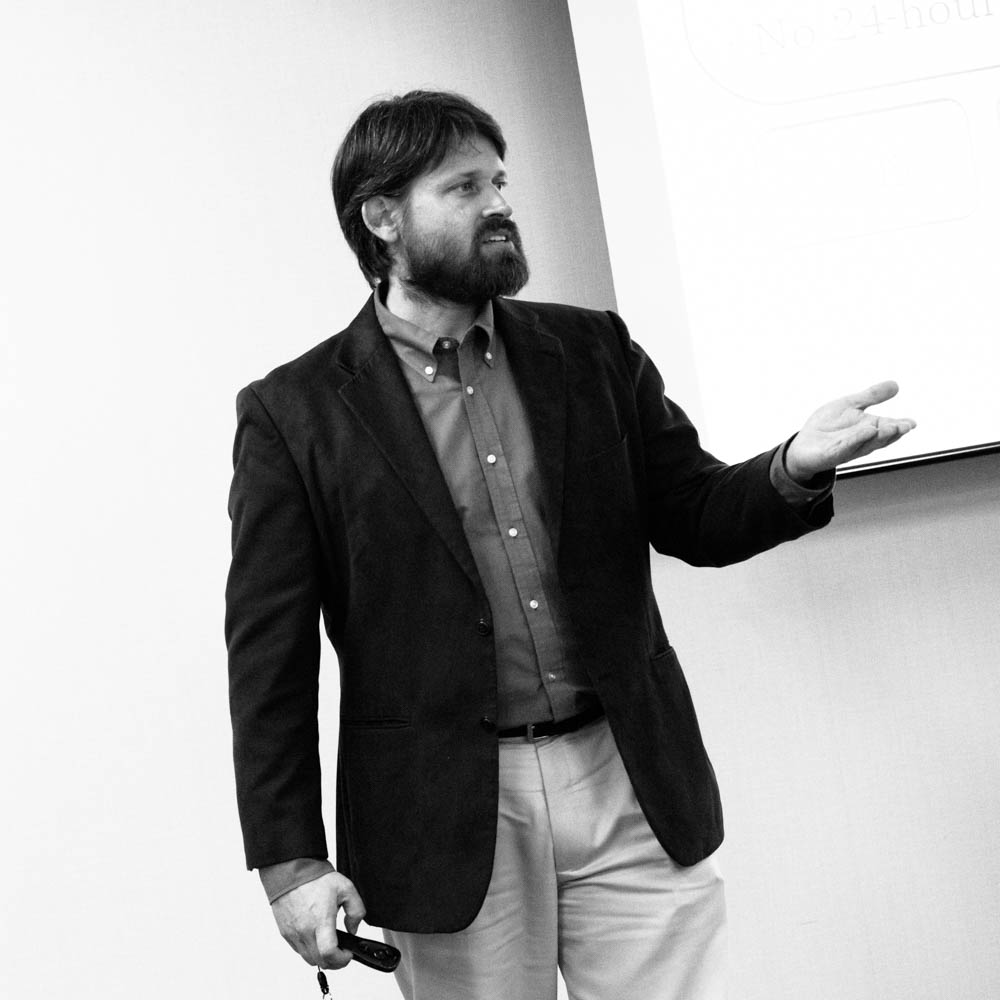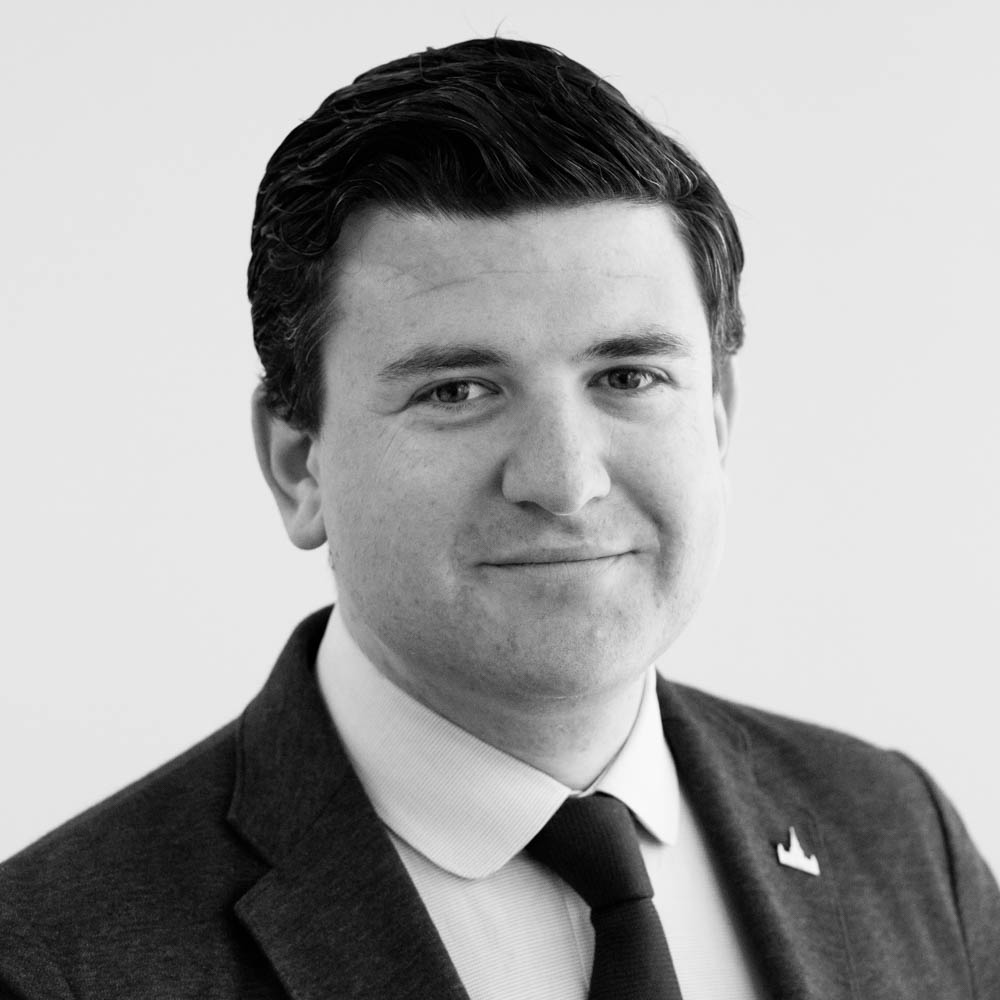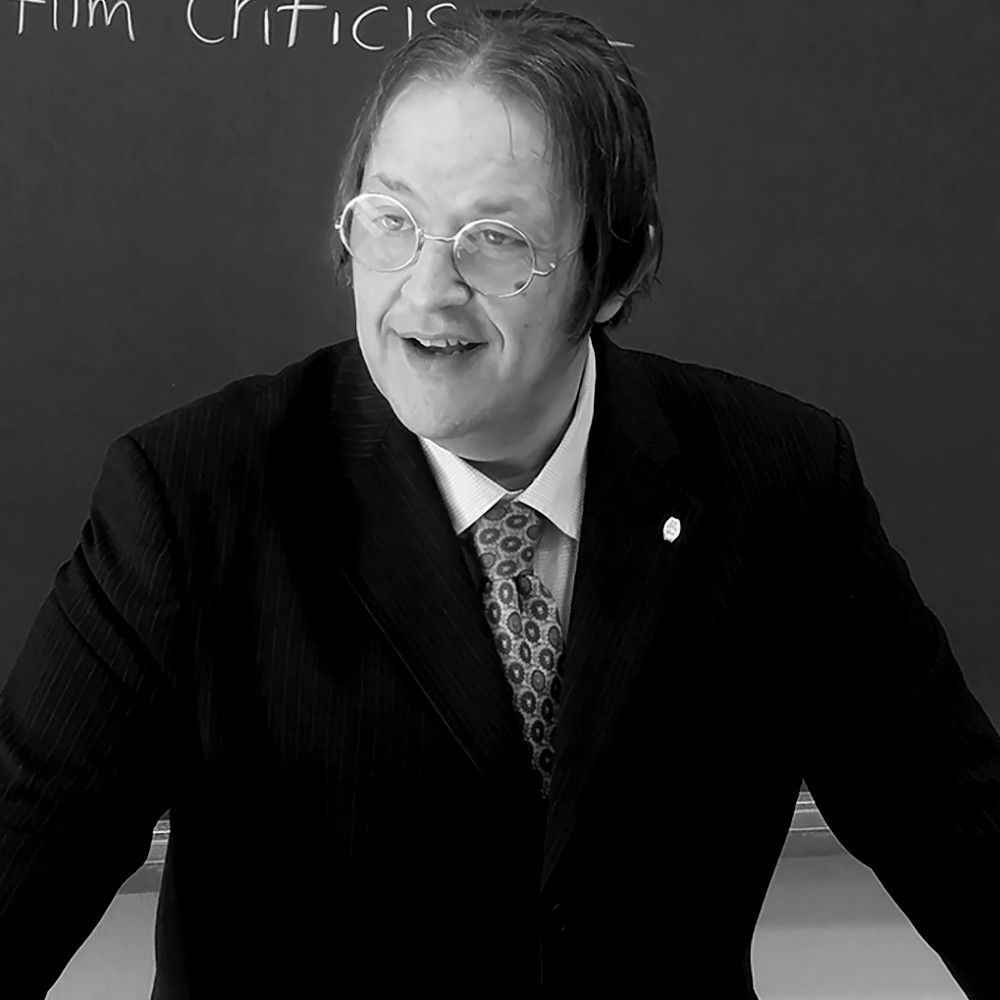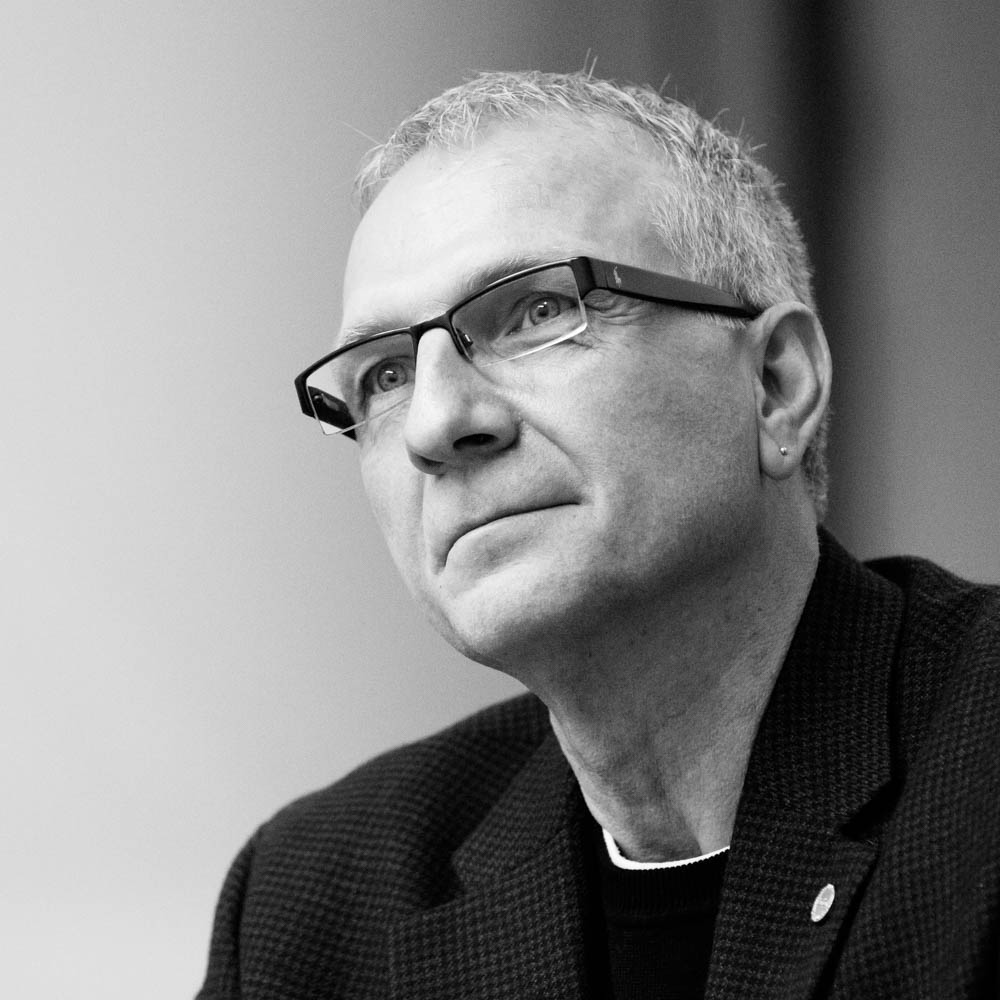KAMC is organised by IAFOR in association with the IAFOR Research Centre at the Osaka School of International Public Policy (OSIPP) in Osaka University, Japan.
Join us in Kyoto for KAMC2022!
October 17–20, 2022 | Held in Kyoto, Japan, and online
 Welcome to The 3rd Kyoto Conference on Arts, Media & Culture (KAMC2022), held in partnership with the IAFOR Research Centre at the Osaka School of International Public Policy (OSIPP) at Osaka University, Japan.
Welcome to The 3rd Kyoto Conference on Arts, Media & Culture (KAMC2022), held in partnership with the IAFOR Research Centre at the Osaka School of International Public Policy (OSIPP) at Osaka University, Japan.
KAMC2022 encourages academics and scholars to meet and exchange ideas and views in an international forum stimulating respectful dialogue. This event will afford an exceptional opportunity for renewing old acquaintances, making new contacts, networking, and facilitating partnerships across national and disciplinary borders.
 Since its founding in 2009, IAFOR has brought people and ideas together in a variety of events and platforms to promote and celebrate interdisciplinary study, and underline its importance. IAFOR continues to engage in many cross-sectoral projects across the world, including those engaging leading universities (Virginia Tech, UCL, Singapore Management University, University of Belgrade, Lingnan University, Barcelona University, University of Hawai’i, Moscow State University), think tanks, research organisations and agencies (the East-West Center, The Center for Higher Education Research, The World Intellectual Property Organization), and collaborative projects with governments, and international governmental organisations (Government of Japan through the Prime Minister’s office, the United Nations in New York), media agencies (The Wall Street Journal, JWT, HarperCollins).
Since its founding in 2009, IAFOR has brought people and ideas together in a variety of events and platforms to promote and celebrate interdisciplinary study, and underline its importance. IAFOR continues to engage in many cross-sectoral projects across the world, including those engaging leading universities (Virginia Tech, UCL, Singapore Management University, University of Belgrade, Lingnan University, Barcelona University, University of Hawai’i, Moscow State University), think tanks, research organisations and agencies (the East-West Center, The Center for Higher Education Research, The World Intellectual Property Organization), and collaborative projects with governments, and international governmental organisations (Government of Japan through the Prime Minister’s office, the United Nations in New York), media agencies (The Wall Street Journal, JWT, HarperCollins).
 With the IAFOR Research Centre at Osaka University, we have engaged in a number of interdisciplinary initiatives we believe will have an important impact on domestic and international public policy conversations and outcomes.
With the IAFOR Research Centre at Osaka University, we have engaged in a number of interdisciplinary initiatives we believe will have an important impact on domestic and international public policy conversations and outcomes.
IAFOR's unique global platform facilitates discussion around specific subject areas, with the goal of generating new knowledge and understanding, forging and expanding new international, intercultural and interdisciplinary research networks and partnerships. We have no doubt that KAMC2022 will offer a remarkable opportunity for the sharing of research and best practice and for the meeting of people and ideas.
The 3rd Kyoto Conference on Arts, Media & Culture (KAMC2022) will be held alongside The 13th Asian Conference on Media, Communication & Film (MediAsia2022). Registration for either conference will allow delegates to attend sessions in the other.
We look forward to seeing you in Kyoto and online!
– The KAMC2022 Organising Committee
Nasya Bahfen, La Trobe University, Australia
Thomas G. Endres, University of Northern Colorado, United States
Joseph Haldane, The International Academic Forum (IAFOR), Japan
Bradley J. Hamm, Medill School of Journalism, Northwestern University, USA
Virgil Hawkins, Osaka University, Japan
Celia Lam, University of Nottingham Ningbo, China
Timothy W. Pollock, Osaka Kyoiku University / Osaka Metropolitan University, Japan
Paul Spicer, Hokkaido University, Japan
Gary E. Swanson, University of Northern Colorado, USA (fmr.)
KAMC is organised by IAFOR in association with the IAFOR Research Centre at the Osaka School of International Public Policy (OSIPP) in Osaka University, Japan.
IAFOR Journal of Cultural Studies (Scopus Indexed Journal)
 This conference is associated with the Scopus and DOAJ listed IAFOR Journal of Cultural Studies.
This conference is associated with the Scopus and DOAJ listed IAFOR Journal of Cultural Studies.
- Venue & Location: Held in Kyoto, Japan, and online
- Dates: Tuesday, October 15, 2024 to Saturday, October 19, 2024
- Early Bird Abstract Submission Deadline: May 17, 2024*
- Final Abstract Submission Deadline: July 19, 2024
- Registration Deadline for Presenters: August 23, 2024
*Submit early to take advantage of the discounted registration rates. Learn more about our registration options.
Speakers
-
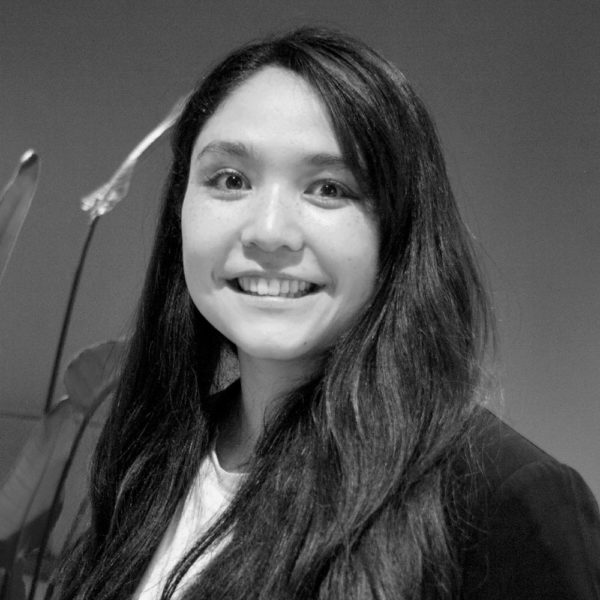 Azusa IwaneOsaka School of International Public Policy (OSIPP), Osaka University, Japan
Azusa IwaneOsaka School of International Public Policy (OSIPP), Osaka University, Japan -
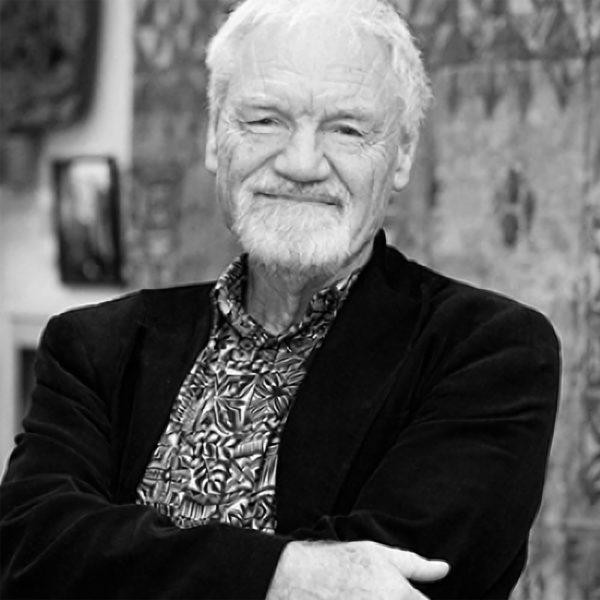 David RobieAsia Pacific Report, Aotearoa New Zealand
David RobieAsia Pacific Report, Aotearoa New Zealand -
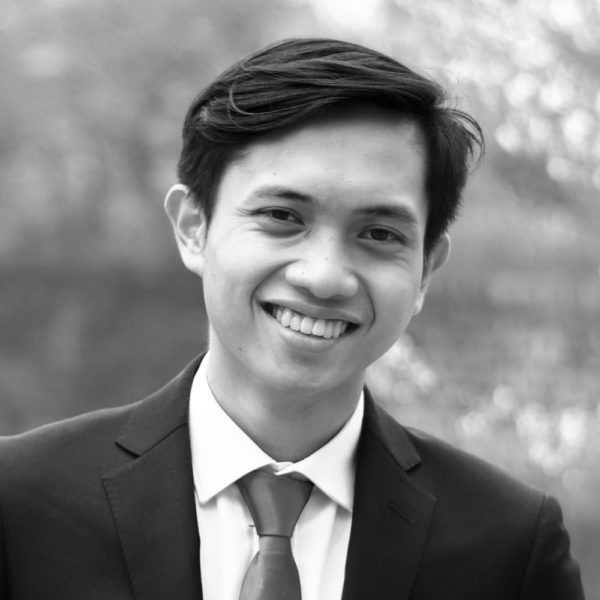 Syafiq Syaikhul AkbarOsaka School of International Public Policy (OSIPP), Osaka University, Japan
Syafiq Syaikhul AkbarOsaka School of International Public Policy (OSIPP), Osaka University, Japan -
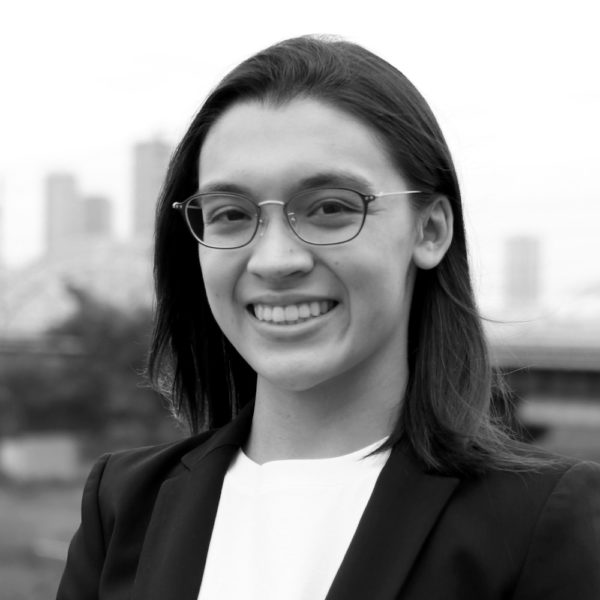 Namie Kawabata WilsonOsaka School of International Public Policy (OSIPP), Osaka University, Japan
Namie Kawabata WilsonOsaka School of International Public Policy (OSIPP), Osaka University, Japan -
 Kelsey Oliver ImanishiOsaka School of International Public Policy (OSIPP), Osaka University, Japan
Kelsey Oliver ImanishiOsaka School of International Public Policy (OSIPP), Osaka University, Japan -
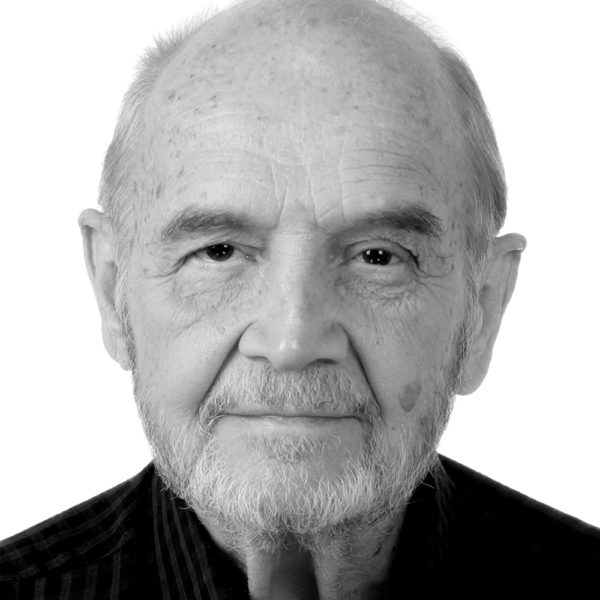 Brian VictoriaOxford Centre for Buddhist Studies, UK
Brian VictoriaOxford Centre for Buddhist Studies, UK -
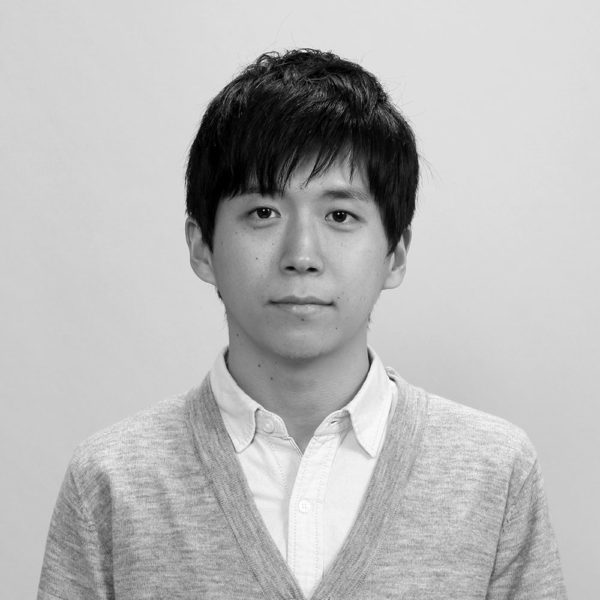 Yutaka KuboKanazawa University, Japan
Yutaka KuboKanazawa University, Japan -
 Thomas G. EndresUniversity of Northern Colorado, United States
Thomas G. EndresUniversity of Northern Colorado, United States -
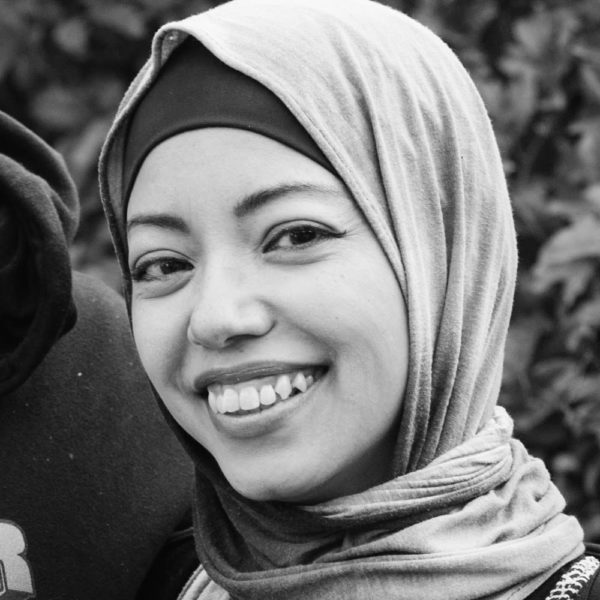 Nasya BahfenLa Trobe University, Australia
Nasya BahfenLa Trobe University, Australia
Programme
-
 News Media and the WorldPanel Presentation: Azusa Iwane, Namie Kawabata Wilson, Kelsey Oliver Imanishi & Syafiq Syaikhul Akbar
News Media and the WorldPanel Presentation: Azusa Iwane, Namie Kawabata Wilson, Kelsey Oliver Imanishi & Syafiq Syaikhul Akbar -
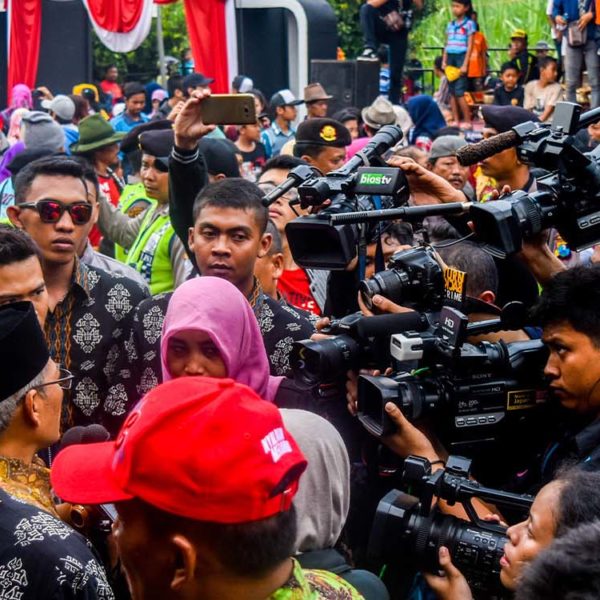 Challenges Faced by Media Covering the Asia-Pacific: A Conversation with David RobieFeatured Interview: David Robie & Nasya Bahfen
Challenges Faced by Media Covering the Asia-Pacific: A Conversation with David RobieFeatured Interview: David Robie & Nasya Bahfen -
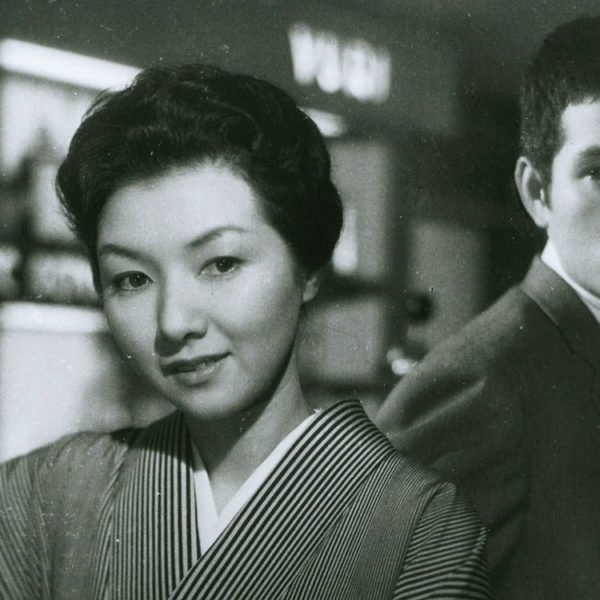 Revisiting Keisuke Kinoshita through a Queer LensKeynote Presentation: Yutaka Kubo
Revisiting Keisuke Kinoshita through a Queer LensKeynote Presentation: Yutaka Kubo -
 The “Zen” of Zen Gardens: Fact or Fiction?Keynote Presentation: Brian Victoria
The “Zen” of Zen Gardens: Fact or Fiction?Keynote Presentation: Brian Victoria -
 Costume Conversations: Resilience and Representation in Cosplay and BeyondKeynote Presentation: Thomas G. Endres
Costume Conversations: Resilience and Representation in Cosplay and BeyondKeynote Presentation: Thomas G. Endres
Organising Committee
The Conference Programme Committee is composed of distinguished academics who are experts in their fields. Conference Programme Committee members may also be members of IAFOR's International Academic Board. The Organising Committee is responsible for nominating and vetting Keynote and Featured Speakers; developing the conference programme, including special workshops, panels, targeted sessions, and so forth; event outreach and promotion; recommending and attracting future Conference Programme Committee members; working with IAFOR to select PhD students and early career academics for IAFOR-funded grants and scholarships; and overseeing the reviewing of abstracts submitted to the conference.
-
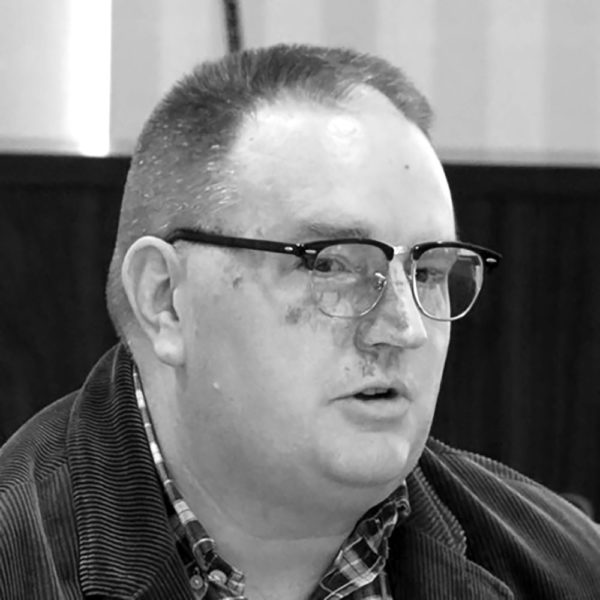 Timothy W. PollockOsaka Kyoiku University / Osaka Metropolitan University, Japan
Timothy W. PollockOsaka Kyoiku University / Osaka Metropolitan University, Japan -
 Thomas G. EndresUniversity of Northern Colorado, United States
Thomas G. EndresUniversity of Northern Colorado, United States -
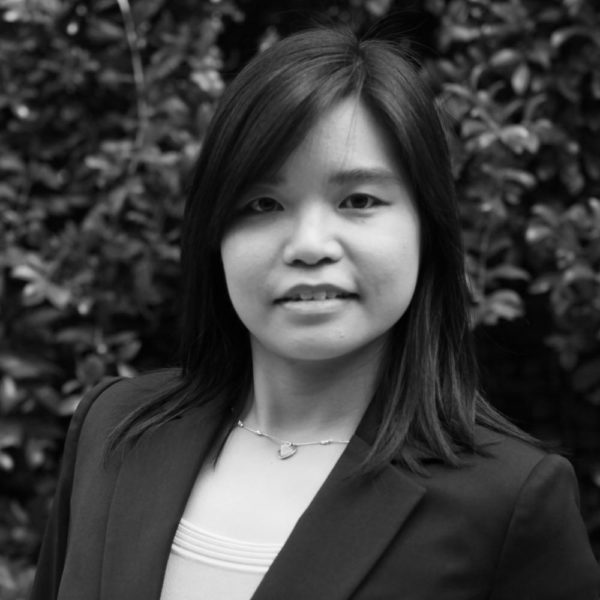 Celia LamUniversity of Nottingham Ningbo China (UNNC), China
Celia LamUniversity of Nottingham Ningbo China (UNNC), China -
 Nasya BahfenLa Trobe University, Australia
Nasya BahfenLa Trobe University, Australia -
 Bradley J. HammMedill School of Journalism, Northwestern University, USA
Bradley J. HammMedill School of Journalism, Northwestern University, USA -
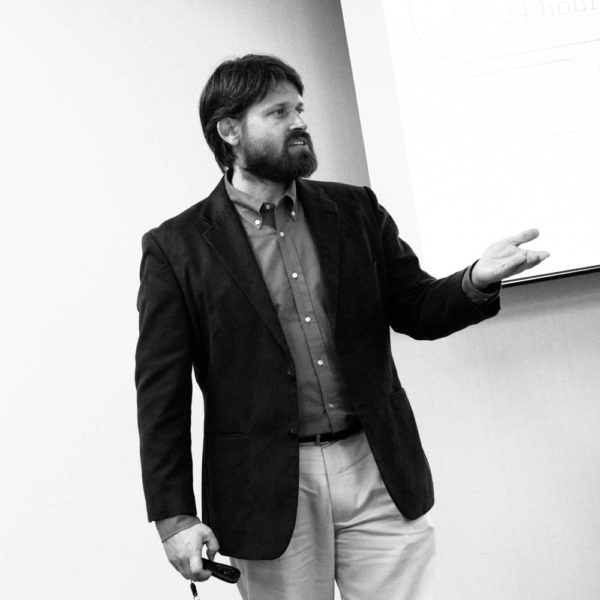 Virgil HawkinsOsaka University, Japan
Virgil HawkinsOsaka University, Japan -
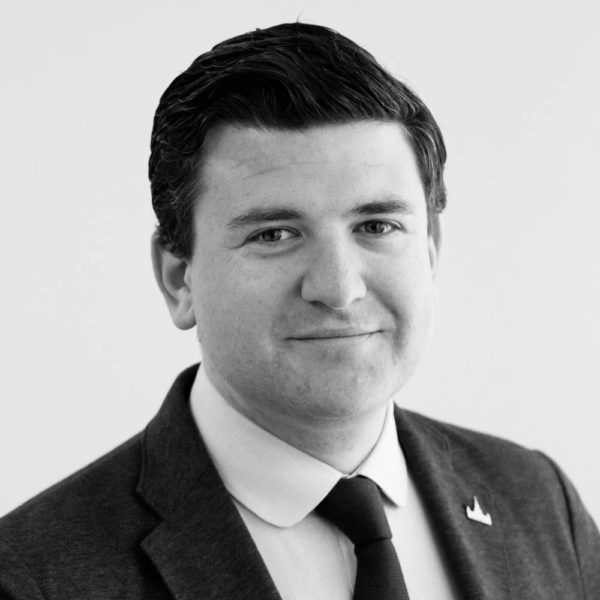 Joseph HaldaneThe International Academic Forum (IAFOR), Japan
Joseph HaldaneThe International Academic Forum (IAFOR), Japan -
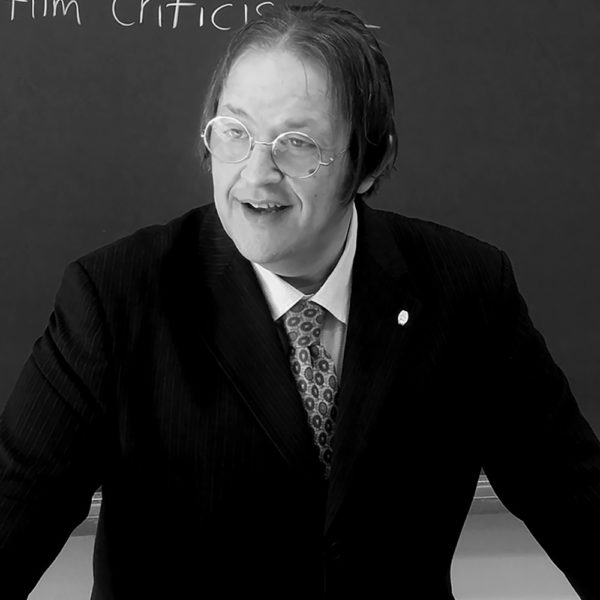 Paul SpicerHokkaido University, Japan
Paul SpicerHokkaido University, Japan -
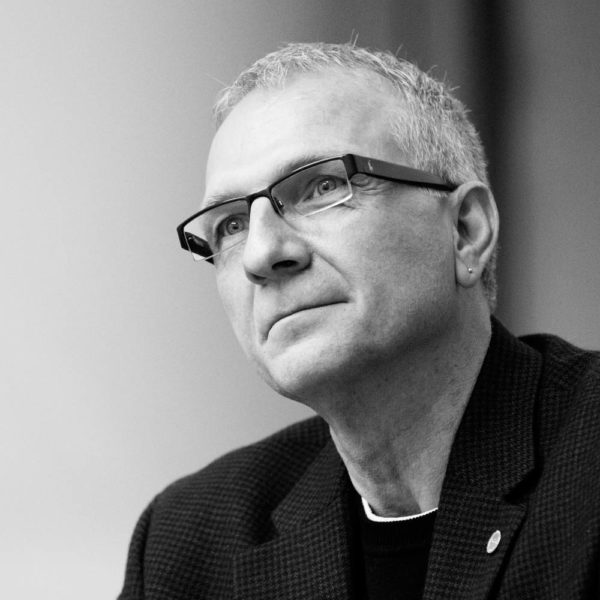 Gary E. SwansonUniversity of Northern Colorado, USA (fmr.)
Gary E. SwansonUniversity of Northern Colorado, USA (fmr.)
